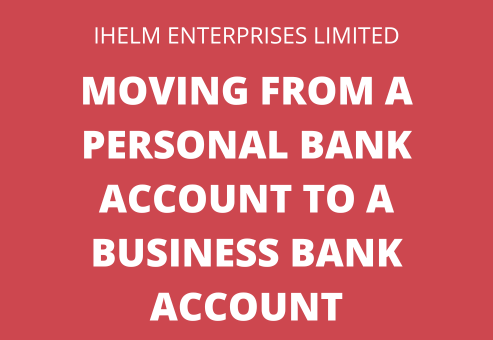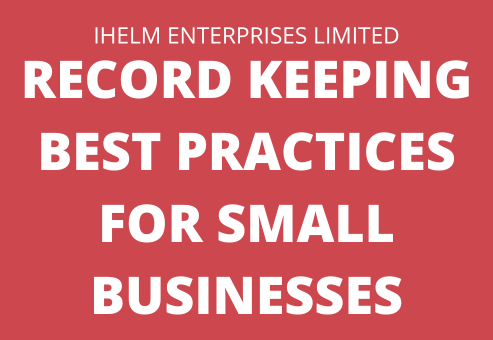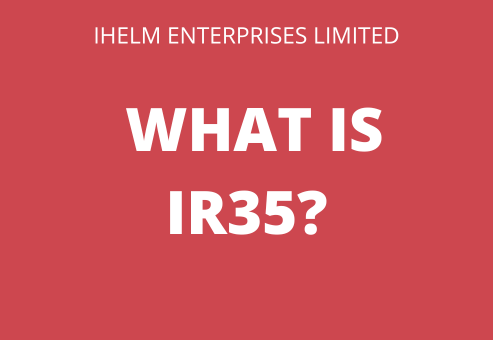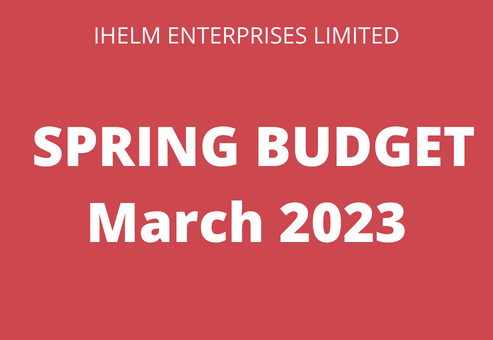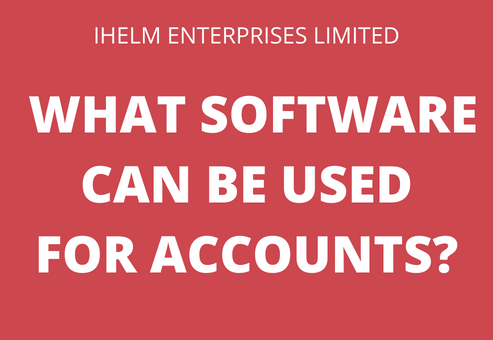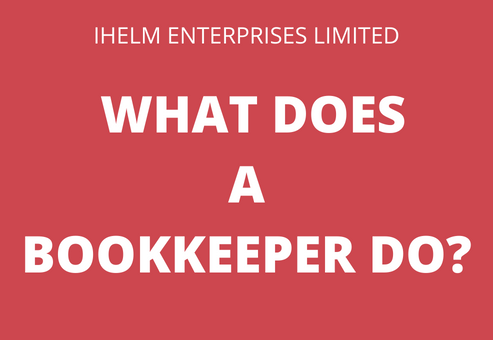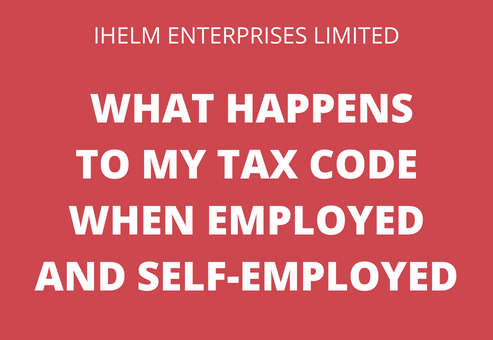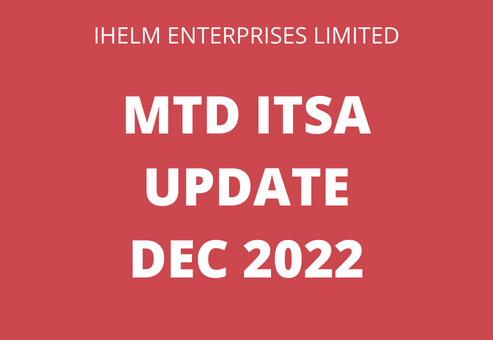During this month’s Facebook Live, I talked about how to move from using a personal bank account for your personal and business transactions to a separate business bank account.
As a new business owner, it’s not uncommon to use your personal bank account for both business and personal transactions. However, as your business grows, it becomes essential to separate your finances and establish a dedicated business bank account. This transition brings numerous benefits, such as improved financial management, enhanced professionalism, and simplified tax reporting.
There are a series of steps that you need to follow to ensure that you get everything moved to your business bank account without causing issues with paying your suppliers.
Step 1: Evaluate your business structure and requirements.
Before setting up a business bank account, take some time to evaluate your business structure and financial needs. Consider factors such as the legal structure of your business (sole proprietorship, partnership, Limited Company, etc.), the volume of transactions, and the banking services you require. This evaluation will help you choose the right type of business bank account and the appropriate financial institution that aligns with your specific needs.
Step 2: Research and choose a suitable business bank account.
Research the different bank account options that are available to you and make sure that the bank account is right for your business. Look at factors such as fees, transaction limits, online banking capabilities, customer service, and any additional features relevant to your business. Opt for a bank that provides a seamless banking experience and offers the necessary tools to manage your business finances effectively.
Step 3: Gather the necessary documentation.
To open a business bank account, you’ll need to provide specific documents to the bank. Typically, these include:
– Proof of business registration
– Proof of address for yourself and the business
– Your own photo ID
Every bank will have different requirements, so ensure that you have all the necessary paperwork in order to streamline the account-opening process and avoid any potential delays.
Step 4: Open your business bank account.
Once you have chosen a suitable bank and gathered the required documents, it’s time to open your business bank account. Schedule an appointment with a representative from the bank to initiate the account-opening process. Be prepared to discuss your business and its financial needs. During the appointment, provide the necessary documentation and ask any questions you may have about account features, fees, or other relevant details. If the bank you are using is an online-only bank, you will need to fill out their application form. Make sure you understand the process that your chosen bank has for getting a business bank account set up.
Step 5: Transition your finances.
To ensure a smooth transition, start by redirecting all business-related income and expenses to your new business bank account. Update your payment methods and notify your clients, customers, and suppliers of the change in banking details. It’s crucial to keep track of any automatic payments, subscriptions, or recurring charges linked to your personal account and update them accordingly.
Step 6: Monitor and manage your accounts.
Once your business bank account is up and running, adopt good financial practices to manage your accounts effectively. Keep detailed records of your business transactions, regularly reconcile your bank statements, and stay on top of your cash flow. Utilize the digital banking tools provided by your financial institution to monitor your account activity, set up alerts, and streamline your financial management processes.
Transitioning from a personal bank account to a separate business bank account is an important step towards maintaining a clear distinction between your personal and business finances. By following the steps outlined above, you can seamlessly establish a dedicated business bank account and gain better control over your financial affairs. Remember, seeking advice from a financial professional can provide additional guidance tailored to your specific business needs. Embrace this change, and watch your business thrive with the added organization, professionalism, and financial clarity a separate business bank account can bring.
If you have any questions about changing from using a personal bank account for your business to having a separate business bank account, please feel free to e-mail me.

